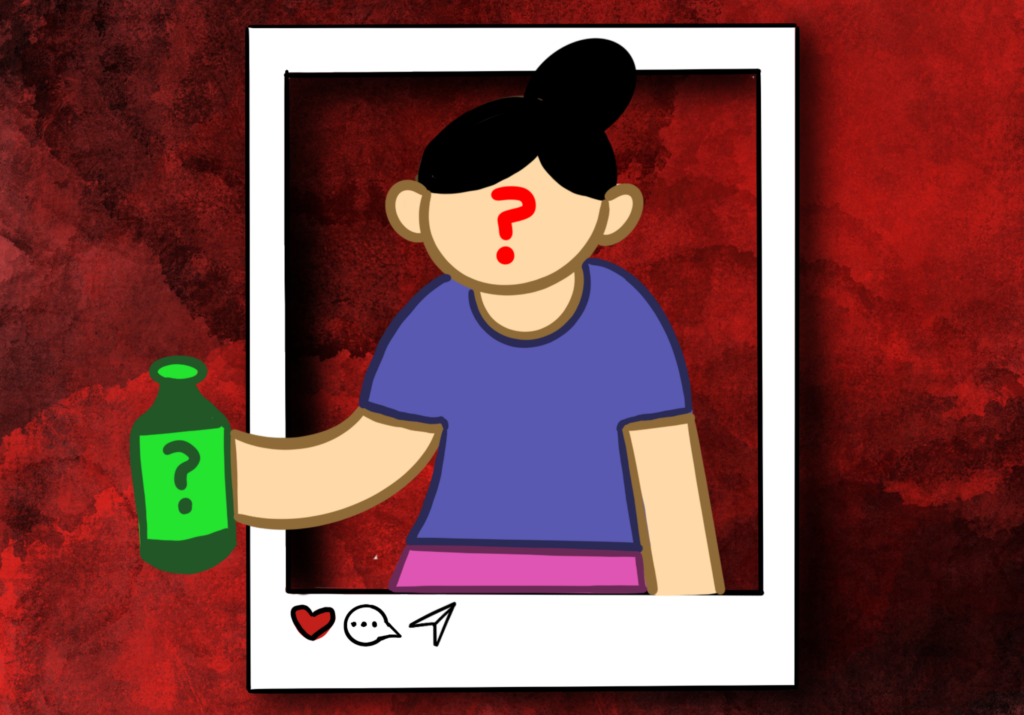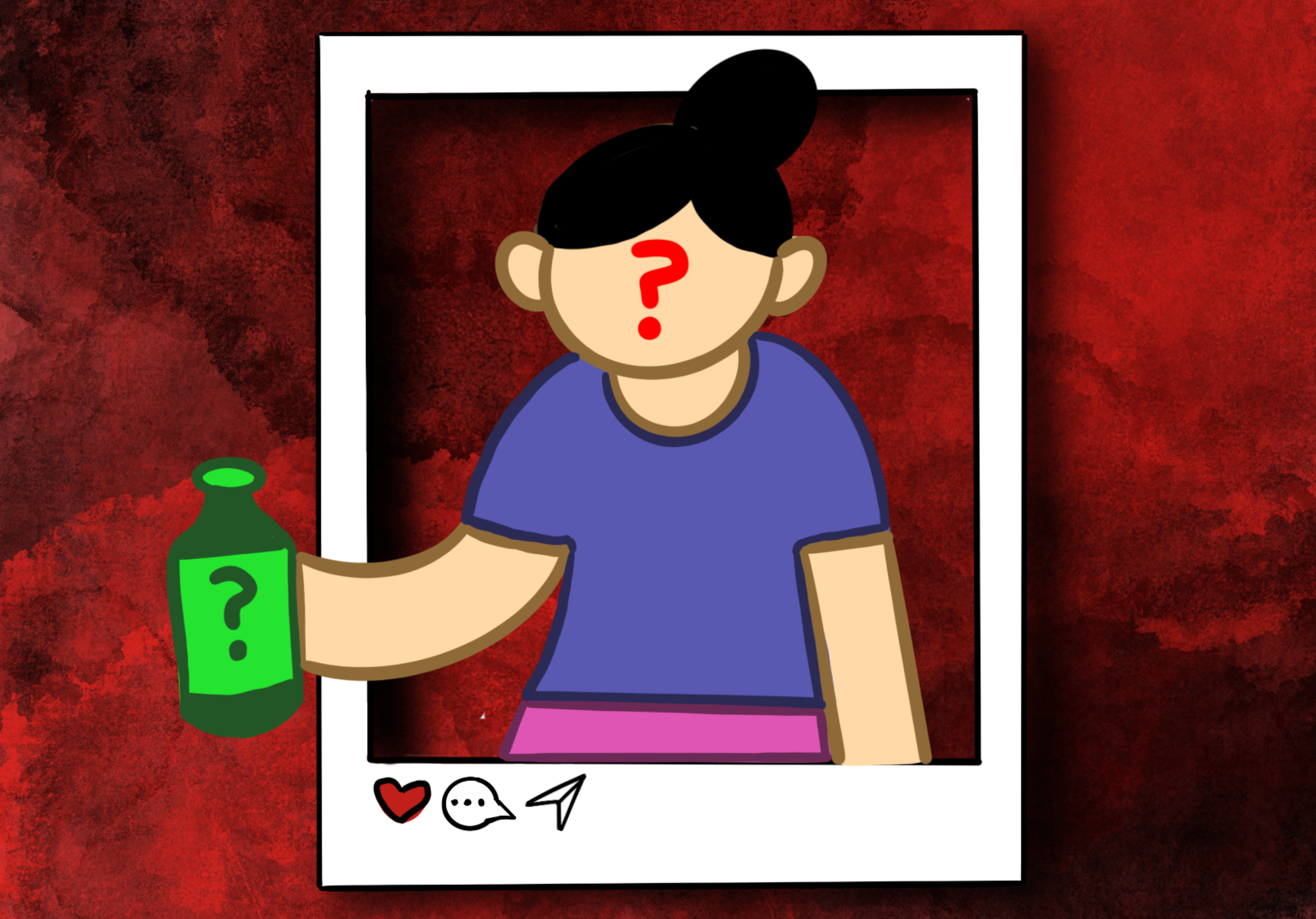I love social media. When I’m bored, I like to scroll through reels on Instagram, view funny posts on X (formerly Twitter), or pull up a YouTube video to watch. But all of this content seems performative. A lot of influencers I watch only show the positive aspects of their life — the luxurious vacations they take, the glamorous parties they attend, and the big luxury hauls they acquire. But influencers are rarely ever honest with their viewers, and this can be attributed to the fact that we rarely see the unglamorous aspects of our favorite influencers’ realities.
To us, it looks like they’re living their best life. But not everything is what it seems. This isn’t to say that influencers need to share every part of their life with us, or share everything bad that has happened to them, but a little more realness in the content they produce would be nice. That way, viewers can relate to their favorite influencers more.
In addition to this, enforcing a culture of transparency with our favorite influencers can bolster awareness about certain issues. When I was younger, Zoella used to be one of my favorite YouTubers. She suffers from anxiety, and she’s gradually become more open with her viewers about discussing her anxiety-related experiences. As someone with really bad anxiety, I appreciated this. It reminds everyone that no one is living a perfect life, and at the end of the day, we’re all just human. Before then, I hadn’t seen any mental health talk in any of the other content I consumed.
Another reason why I believe that influencers are rarely honest with their viewers is because of brand deals. Brand deals, when a company sends an influencer a product to try out and review on their account, are another prominent motivation for influencers to be dishonest with their viewers. Often, they get commissioned directly from the company, or from the usage of the discount codes they share with their viewers. Either way, the influencer is getting paid from a partnership with the company.
From what I’ve observed, a lot of influencers lie about their sponsored products to make a profit. For example, I’ve seen a lot of YouTubers partner with the proxy service Buyee, which supposedly makes it easier for people to purchase and ship products from Japan directly from sites such as Mercari Japan and Amazon Japan. This company, however, is known for their terrible customer service and for not being transparent with their shipping prices. A lot of people using the service have gotten charged for more than they were quoted. If you look up Buyee on Trustpilot, they’re rated only 2.5/5 stars.
In addition to this, a lot of influencers I follow promote products that are just bad, even without having a partnership with the company. A prominent example of this surrounds Stanley cups. Plenty of influencers hype these cups up, but Stanley cups are known for containing lead; even though the surface of the cup is lead-free, as soon as the bottom seal of those cups comes off, lead poisoning becomes a risk.
Due to these reasons, I have trouble trusting even my favorite influencers. Are they lying about their lives and putting on a performance for the camera? Are they lying to their viewers when they try out products from companies they’re partnered with? Are they using and promoting products that are bad for people? As long as the answer is yes, these influencers cannot be trusted.


